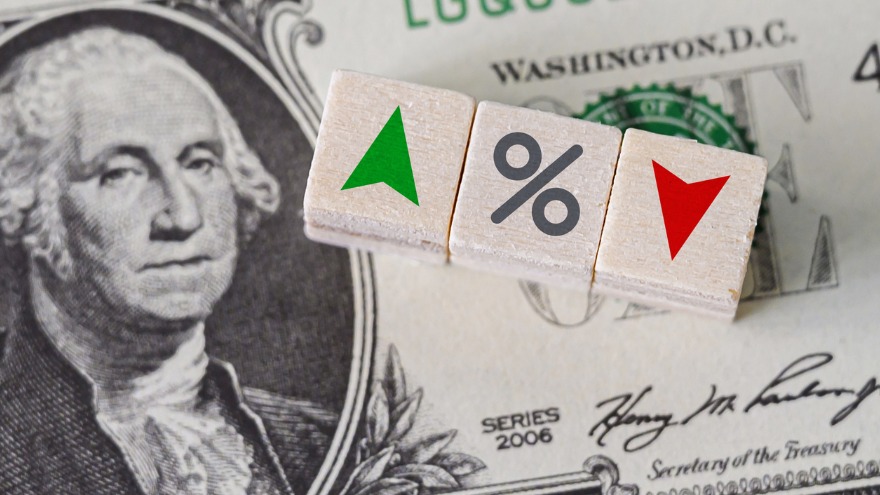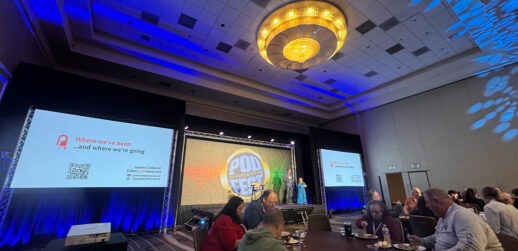After being excluded from the first rounds of government relief funding, imperiled DMOs may finally get federal relief funding. A bill introduced today in the U.S. Senate, Sustaining Tourism Enterprises During the COVID-19 Pandemic (STEP Act), includes grants from the Economic Development Administration to fund work by destination marketing organizations to promote tourism and enhance safety measures.
The bipartisan legislation, introduced by Senators Catherine Cortez Masto (D-NV), Roy Blunt (R-MO), Kevin Cramer (R-ND) and Amy Klobuchar (D-MN), must still be passed by Congress and signed into law as part of a broader Health, Economic Assistance, Liability Protection, and Schools (HEALS) Act relief package announced yesterday, but organizations are already positioning themselves to push for approval and be first in line.
STEP Act Essentials
U.S. Travel Association Executive Vice President for Public Affairs and Policy Tori Emerson Barnes called the measures “crucial” and said they would help travel-related employers to hold on until they can rehire and help fuel an economic turnaround.
“The grants…will be invaluable for moving the country toward a safe reopening of travel. The bill also wisely makes aid available to the economically vital meetings, conventions and trade shows sector, which has a uniquely challenging path to recovery,” Barnes said.
The bill would authorize $10 billion in funding to provide grants for tourism and event entities impacted by COVID–19. Grants would be available to any entities (states, tribes, regional groups, nonprofits, quasi-governmental organizations and private businesses) that:
- Perform tourism promotion operations
- Host, organize, own, operate or staff event venues, conventions or trade shows
- Or, provide services as a concessionaire to events and tourism locations.
Barnes outlined the stakes. “Travel has experienced more devastation as a result of the COVID-19 pandemic than any other American industry, with 8 million jobs already lost—more than half of all travel-supported jobs before the pandemic, and more than a third of the total jobs lost in the U.S.”
HEALS Act Updated
At the same time, Senate Small Business Committee Chairman Marco Rubio (R-FL) and Senator Susan Collins (R-ME) released an updated proposal that would expand eligibility under the Paycheck Protection Program (PPP) to nonprofit associations, chambers of commerce, destination marketing organizations and others with 300 or fewer employees. It also removes the $500,000 maximum loan amount in previous versions and adds funds to, and reauthorizes, PPP until December 31, 2020. It would also simplify the application process.
Expanded Employee Retention Tax Credit, Work Opportunity Tax Credit, and Safe and Healthy Workplace Tax Credit are also on the table.
The Senate proposal is a starting point for negotiations with the House, which passed its own version of the relief effort, Health and Economic Recovery Omnibus Emergency Solutions (HEROES Act), which also included nonprofit organizations of any size and simpler lobbying restrictions.
With federally subsidized unemployment benefits running out at the end of the month, Congress has a sense of urgency to come to an agreement.
Mary Kate Cunningham, CAE, vice president of public policy with ASAE, urged members to be prepared to file as soon as possible if the measure is sent to the White House for signing. “If PPP expansion to 501(c)(6) organizations indeed passes into law, such entities will need to move fast to secure PPP loans and the financial relief they need. We encourage you to consider your options now, so, if needed, you can expeditiously pursue PPP loan funds when the time comes.”




